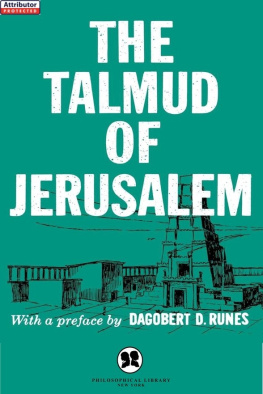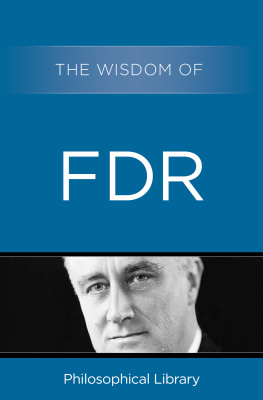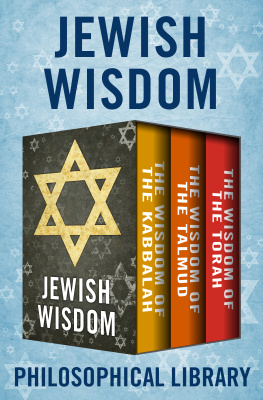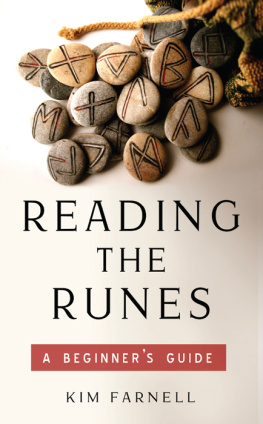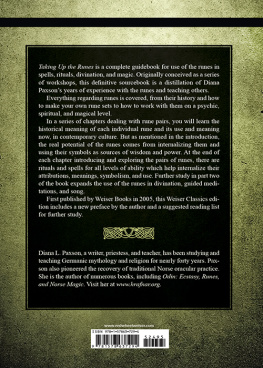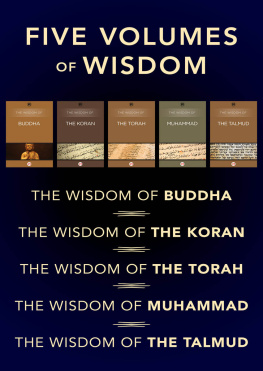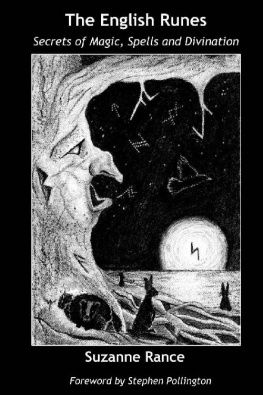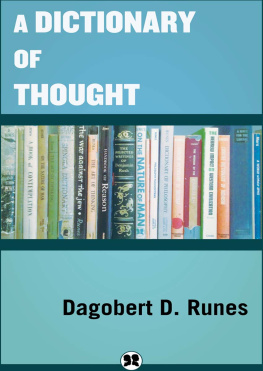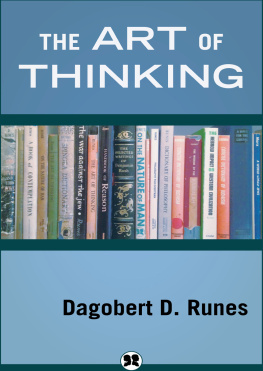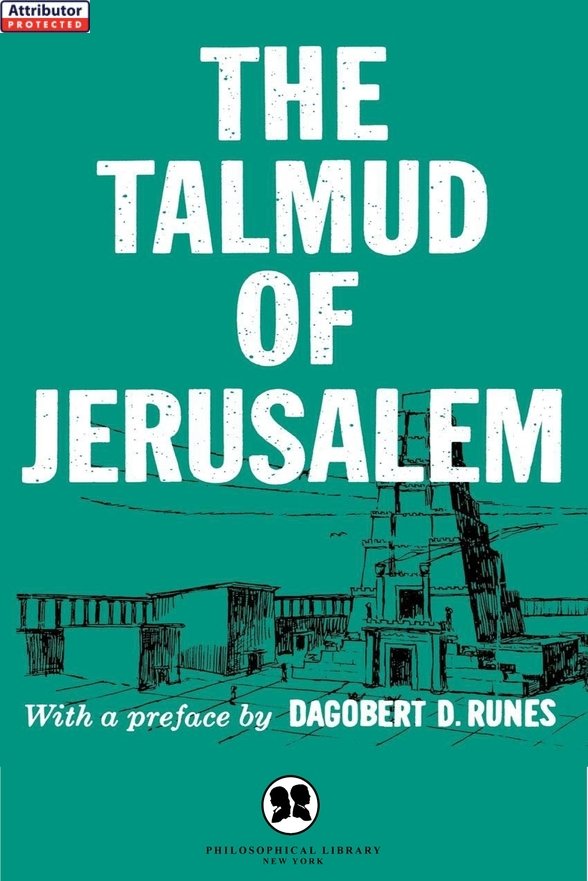Rabbi Judah, the Chief
Rabbi Judah, the holy, sometimes called, by reason of his eminence, simply Rabbi, received his education in the different colleges and from the various sources of learning open to the student in his early days. He was a man of immense wealth, and when he reached the dignity of chief or patriarch, he expended a great portion of his riches in the assistance and for the benefit of the poor. His authority among his contemporaries was superior to that allowed any of his predecessors. He commanded both their love and respect, and it is said that no man, since the time of Moses, combined such advanced learning with authority and dignity equal to his. He was, too, like Moses, truly modest and careful to avoid all pomp and display of power.
He had his chair placed near the entrance of his lecture-room, to spare his hearers the necessity of rising while he passed among them, an honor exacted by the other chiefs. Through his influence with Antoninus, his people were permitted to study the law publicly and were granted many privileges previously denied them, and immunity from many persecutions under which they had previously suffered. It was while he occupied his high position in favor and affluence, that he collected the opinions and debates of preceding Rabbis, now forming the Mishna.
The emperor once sent a valuable diamond to Rabbi Judah, requesting a token of friendship in return. The Rabbi sent him a Mezuzah.
My friend, said the emperor, this gift of thine is of small value, compared to the rich offering which I despatched to thee.
There is a difference between my gift and thine, returned the Rabbi. That which thou gavest to me I must watch and guard lest it be stolen from me; but this which I send will watch and guard over thee, even as it is written, When thou walkest it will lead thee, and when thou liest down it will watch over thee.
Rabbi Judah desired to wed the widow of Rabbi Eleazer, and he sent a messenger to her charged with his proposals. The answer which she returned thereto was this:
Shall a vessel once used for holy purposes be now used for those less sacred? Implying that Rabbi Eleazer, the son of Simon, had been a greater man than was Rabbi Judah. Her answer was of the same import as the proverb, Shall the shepherd hang his work vessels where the master of the house hung his ornaments?
On receiving this answer Rabbi Judah sent another message to her.
You are right, said he; your husband was a more learned scholar than am I, but in good deeds I am at least his equal.
The widow replied:
Still we differ; I know not that my husband was more learned than Rabbi Judah, but he was his superior in righteousness.
But was Rabbi Eleazer the superior of Rabbi Judah in learning?
It was the custom in the colleges for the teachers and learned Rabbis to sit upon elevated chairs while the pupils were seated on benches, near the floor. When Rabbi Simon, the son of Gamliel, Rabbi Joshua, the son of Korcha, and other celebrated Rabbis were occupying the chairs, Rabbi Eleazer, the son of Simon, and Rabbi Judah were sitting near the floor. Rabbi Simon, son of Gamliel, the father of Rabbi Judah, desiring that some mark of distinction should be paid to his son, induced the teachers to elevate him to one of the chairs. This was done; and then Rabbi Joshua spoke, saying, He who hath a father to speak for him may live; but he who hath none, may do the best he can, and die.
On hearing this the Rabbis elevated Rabbi Eleazer, the son of Rabbi Simon, also, but Rabbi Eleazer felt himself slighted and neglected, because the above words were spoken previous to his elevation, and said, Is Rabbi Judah better than I?
Never after did he feel friendly towards Rabbi Judah. Previously he had assisted the latter in preparing questions to be laid before the college, but now he made light of Judahs inquiries, saying, They are not worthy of being considered.
This treatment was very trying to the feelings of Rabbi Judah, and he complained to his father of the insults to which he was subjected.
Be not displeased, my son, replied the latter, nor take umbrage at the words of Eleazer. Behold, he is a lion, and the son of a lion (a most learned man, and the son of a most learned man), whilst thou art a lion, but the son of a fox (a learned man thyself, but not possessing a learned father), therefore he is thy superior.
This is probably the reason why Rabbi Judah has said, The world has seen three meek menmy father, the sons of Bethra, and Jonathan, the son of Saul.
The sons of Bethera vacated their positions as chiefs of the college in favor of Hillel, pronouncing him a man of superior learning, therefore their meekness. Jonathan, the son of Saul, said to David, Thou shalt reign over Israel, and I shall be a second to thee, therefore his meekness; and Rabbi Simon, the son of Gamliel, because he called himself a fox.
Rabbi Judah suffered greatly from bodily pain for thirteen years previous to his death, and when he felt his end on earth approaching he called his children to him and spoke to them as follows:
Obey the voice of your mother, oh, my children, and remember the teachings of the Most High. Keep a light burning in my room, and let Joseph, the Ophnite, and Simon, the Ephraimite, faithful servants to me in my life, attend me also in my death. And now, my children, let me see the sages of Israel once more.
When the sages entered, according to his request, he said:
Let no orations or eulogies be made for me in the cities. Open my college, and continue your holy duties thirty days after my death. Although my son Simon is a man of wisdom and understanding, yet I desire that my son Gamliel shall be my successor. Chaninah, the son of Chamah, shall sit in the second seat, next to the chief. I weep that I may study Gods law no more.
Then he raised his two hands towards heaven, and said:
Oh, Lord God of the universe, Thou knowest whether I have worked faithfully with these hands for Thy glory, to obtain a knowledge of Thy law. May it be acceptable to Thee, oh, Sovereign of the universe, that I may rest in peace.
On the day of the Rabbis death the Rabbins proclaimed a fast, and a day of prayer, for their beloved chief. They also forbid any announcement of his death to interrupt their devotion, and they continued praying until a signal was thrown from the Rabbis house; they all experienced a shock, as though a heavy missile had struck them, and ceased praying.
Rabbi Judah was buried on the eve of Sabbath; with him died the meekness among the people, and the fear of God.
It is said that the Rabbi had a servant who was richer than the emperor. He acquired his wealth from the sale of the litter from the Rabbis stables, which gives some idea of the number of animals Rabbi Judah possessed.

